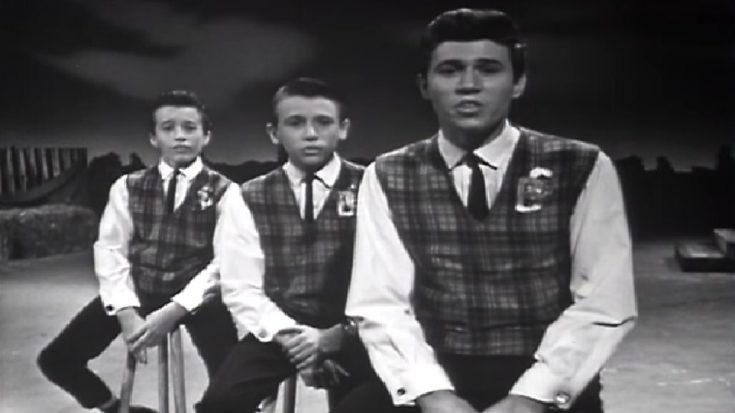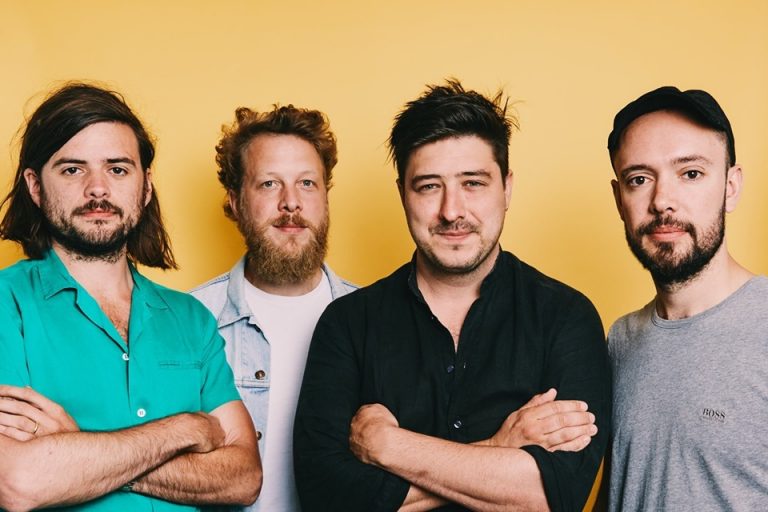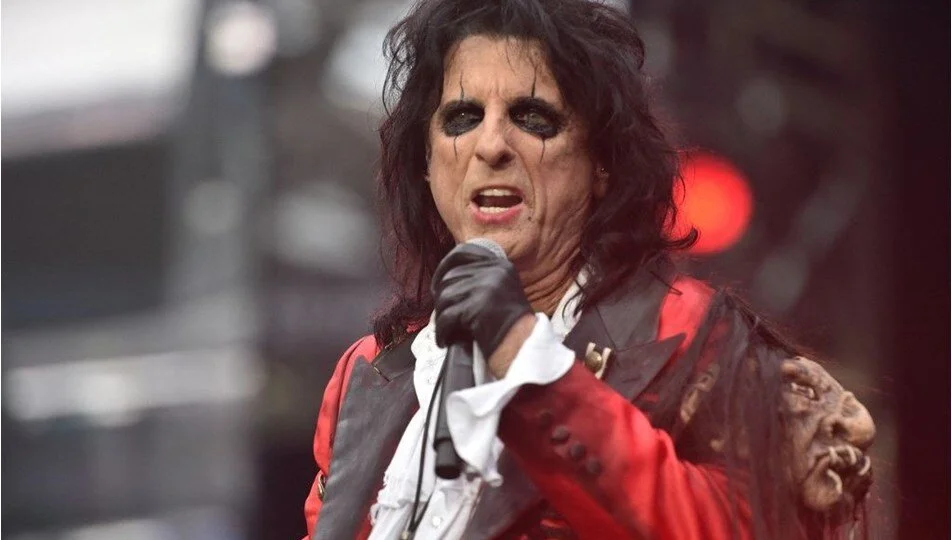It was a warm July evening in 1979, and the Oakland Coliseum buzzed with excitement. Thousands of fans filled the stadium, ready for a night of unforgettable music. What they didn’t know was that they were about to witness something far more powerful — the final time all four Gibb brothers would share the stage.
Barry, Maurice, Robin, and Andy Gibb stood under the lights not just as global music icons, but as brothers — united by blood, music, and a bond deeper than words. The harmonies were flawless, the connection between them undeniable. The crowd sang along to every lyric, as the Bee Gees gave the performance everything they had — heart, soul, and more.
Tragedy would follow. Andy lost his battle with addiction and passed away in 1988. Maurice died unexpectedly in 2003. And in 2012, Barry lost his twin, Robin — the brother he once called “the other half of my soul.” Now, Barry Gibb stands alone, the last of the legendary quartet.
“I still ask myself why I’m here and they’re not,” Barry once shared. “But that night in Oakland… it lives on. It was sacred. It was the last time we were all together.”
Fans still return to the footage of that concert — not just for the music, but for the feeling. The way the brothers looked at each other. The shared smiles. The unspoken rhythm only family can create. It wasn’t just a performance — it was love turned into song.
“When I close my eyes,” Barry whispered, “I still hear them.”
That night wasn’t just another show. It was a farewell wrapped in harmonies and spotlight. A moment in time no one recognized for what it was — until it was gone. But it still echoes. In old recordings. In the hearts of fans. And in the quiet moments Barry lives with every day.
Because the Bee Gees weren’t just a band. They were brothers. And for one perfect night in Oakland, the world got to feel that — completely.












